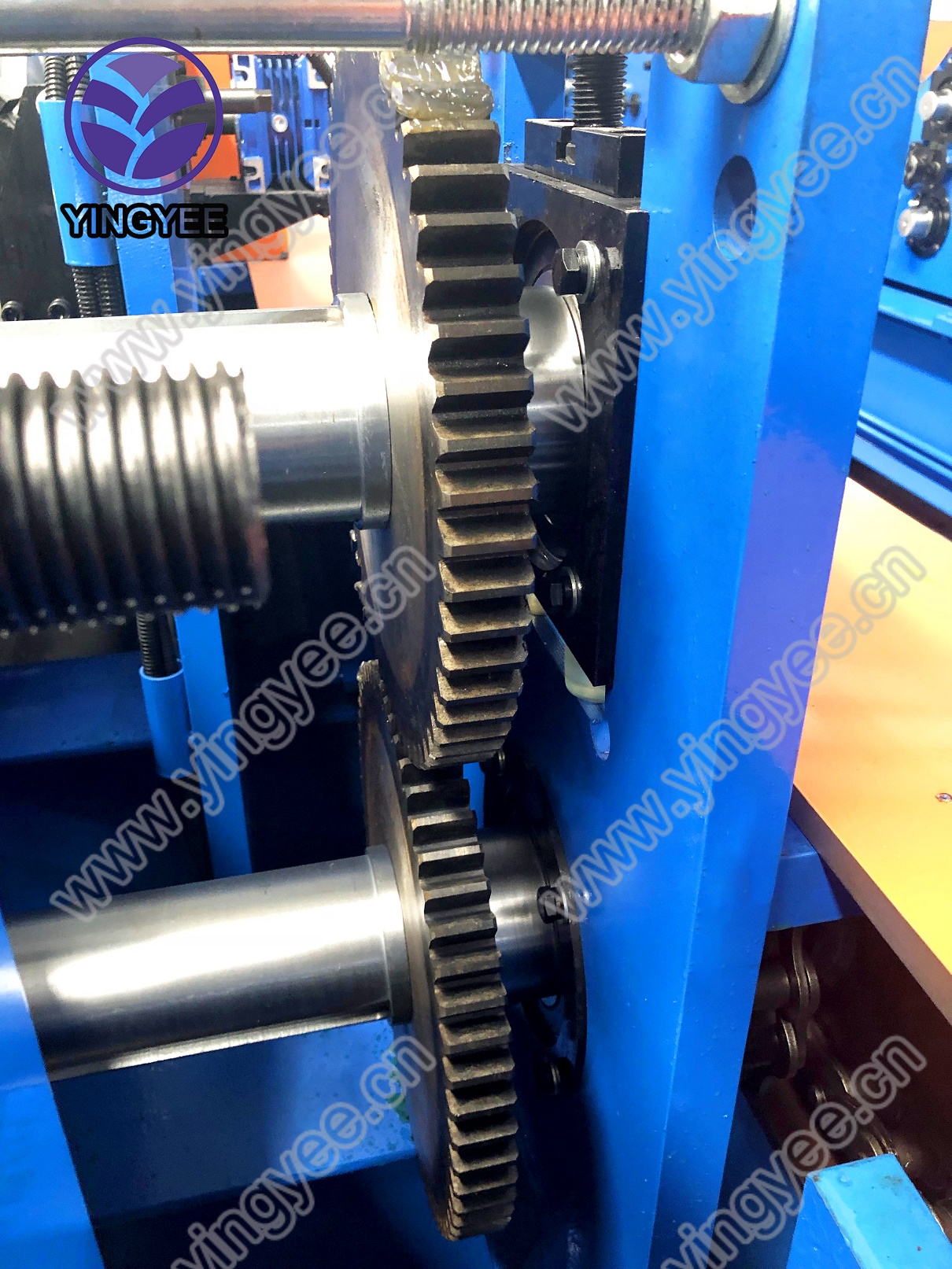
Understanding Corrugated Roofing Sheet Forming Machines
In the construction and manufacturing industry, the significance of durable and efficient roofing materials cannot be overstated. One of the most popular choices for roofing is the corrugated sheet, which offers excellent strength, lightweight properties, and versatile applications. A vital piece of equipment in the production of these sheets is the corrugated roofing sheet forming machine. This article explores the functionality, types, and advantages of these machines.
Functionality of Corrugated Roofing Sheet Forming Machines
A corrugated roofing sheet forming machine is designed to convert flat metal sheets into corrugated profiles that enhance the strength and durability of the material. The process typically involves several stages, starting with the feeding of flat steel or aluminum sheets into the machine. The sheets are then guided through a series of rollers that shape them into the desired corrugated form. The precision of the rollers is paramount, as they determine the width, height, and frequency of the corrugations.
Once the sheets are shaped, they may undergo additional processes such as trimming, stamping, or coating, depending on the end-use requirements. Automation is a significant feature of modern corrugated roofing sheet forming machines, as it streamlines operations and reduces labor costs. Additionally, many machines offer digital controls for easier adjustments and monitoring of production parameters.
Types of Corrugated Roofing Sheet Forming Machines
Various types of corrugated roofing sheet forming machines cater to different production needs
. The most common types include1. Single-layer forming machines These are designed to produce a single type of corrugated sheet. They are ideal for manufacturers focusing on one specific profile and volume of production.
2. Double-layer forming machines These machines allow for the production of two different corrugated profiles on the same equipment. This versatility is advantageous for companies needing to offer a variety of products without investing in multiple machines.

3. Custom-designed machines Some manufacturers may require specific profiles that are not available through standard machines. Custom-designed forming machines can be created to meet unique specifications, providing flexibility in production.
Advantages of Corrugated Roofing Sheet Forming Machines
1. High Efficiency Corrugated sheet forming machines are capable of producing large quantities of sheets in a short amount of time, significantly increasing production efficiency.
2. Cost-Effectiveness With the ability to produce various profiles and minimize waste through precision manufacturing, these machines contribute to lower material costs and higher profit margins.
3. Durability and Quality The use of high-quality materials and advanced forming techniques ensures that the sheets produced are strong and long-lasting, meeting industry standards.
4. Customizability Many machines allow for adjustments in size and profile, enabling manufacturers to meet specific customer demands or project requirements.
5. Automation Modern machines often include automated feeding and cutting systems, which help in reducing the likelihood of human error and enhancing overall productivity.
In conclusion, corrugated roofing sheet forming machines play a pivotal role in the roofing industry by enabling the efficient production of high-quality corrugated sheets. Their ability to produce diverse profiles, coupled with advanced technology and automation features, makes them indispensable for manufacturers aiming to meet market demands while maintaining cost-efficiency and quality. As the construction industry continues to evolve, investing in modern forming machines will allow businesses to stay competitive and respond to the changing needs of consumers effectively.